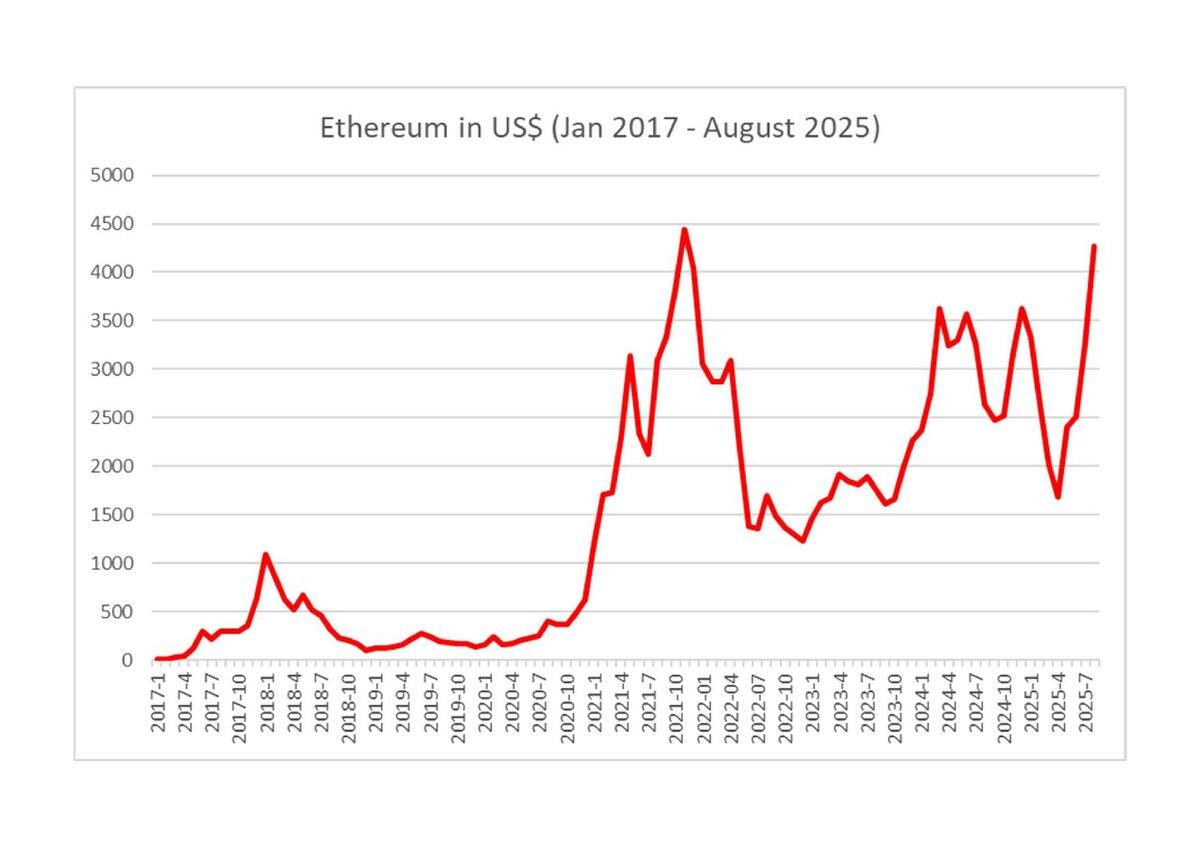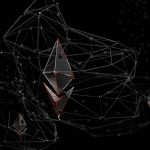DAOs: The Future of Decentralized Governance needs Legal Clarity
Decentralized Autonomous Organizations (DAOs) are reshaping how we organize and invest. Though, they face significant legal hurdles. Most DAOs,despite their massive on-chain treasuries,lack legal recognition. This means they can’t sign contracts, pay taxes, or shield members from liability.
DAOs promise decentralized governance and openness.Yet,the lack of legal personality means “community ownership” frequently enough hides power concentration among a few. DAO “wrappers” like LLCs or foundations address basic compliance but create confusion and raise costs. Smaller teams struggle to compete.
A new legal framework is essential. it should define roles like “digital fiduciaries” and establish a global “DAO passport.” This would ensure accountability and cross-border recognition.DAOs hold over $20 billion in assets but barely exist in legal terms.
DAOs offer speed, openness, and collective ownership. Anyone with an internet connection can participate. Though, without legal recognition, DAOs can’t sign contracts or protect members. This lack of legal personality means “community ownership” often masks power concentration among a few dominant voices.
DAO “wrappers” like LLCs address basic compliance but create confusion and raise costs.Smaller teams struggle. A new legal framework is needed. It should define roles like “digital fiduciaries” and create a global “DAO passport” for accountability and cross-border recognition. This would ensure openness and lower barriers to entry.Without legal personality, DAOs can’t sign contracts or pay taxes. The law must adapt to these decentralized organizations. as DAOs spread, legal systems must rethink what an “organization” is. The promise of DAOs is real, but so is the need for accountability. Token holders might feel like owners, yet under the law, they’re not. The law must evolve to fit these new entities. This would ensure real accountability and cross-border recognition. The future of decentralized governance depends on it.
- DAOs lack legal recognition, hindering their potential.
- DAOs need a new legal framework for accountability.
- DAOs promise openness but face legal hurdles.



